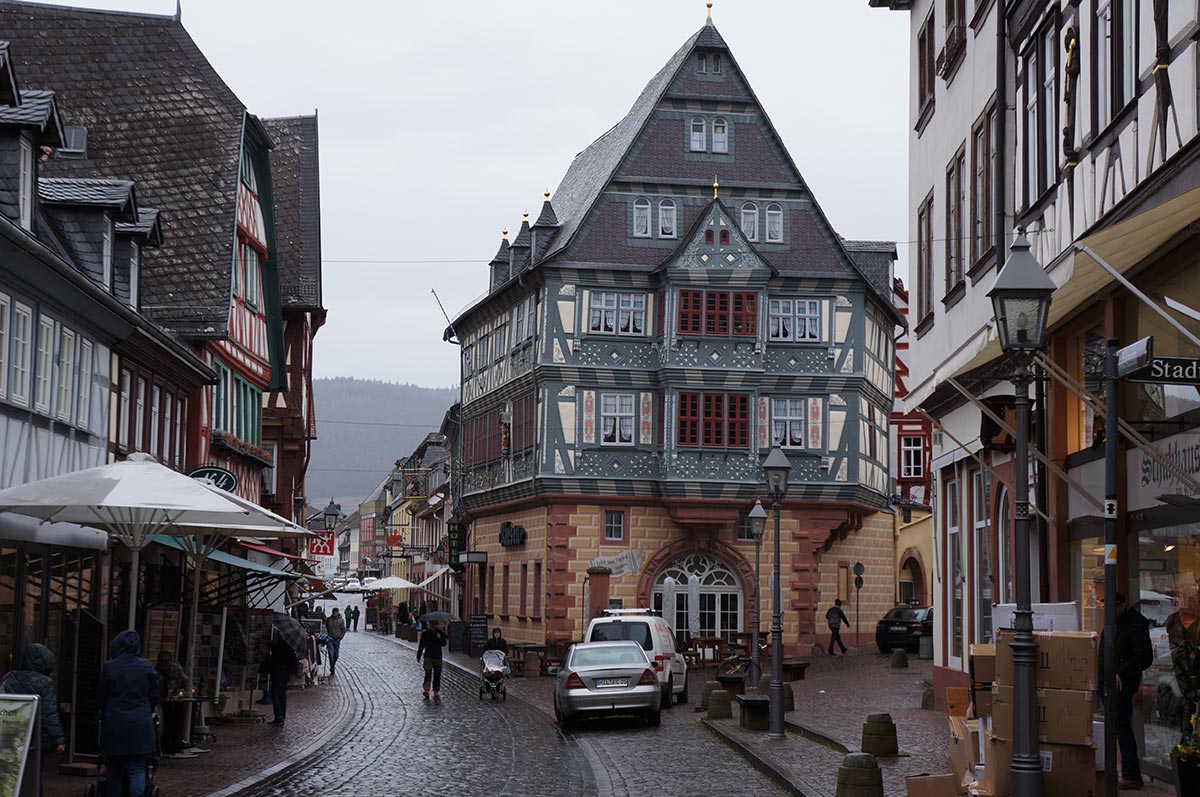Many metropolis residents leave the bustling city and move to quieter settlements nearby. People make this decision in order to take care of their health and increase safety for their families. As a result, the suburbs of Germany and other countries are developing, and real estate prices are increasing.
Why the suburbs in Germany are so attractive
The tendency to develop the suburbs is observed by middle-aged Germans with their families. Young people and newcomers prefer to live in metropolitan areas, so they continue to expand. Another factor in moving to the suburbs is the high demand for housing and its cost. That is why many people are looking for apartments and houses near the metropolis in the hope of buying or renting at an affordable price.
The outflow of indigenous people of Germany to rural areas or settlements near big cities was already observed in the 90s, but by 2000 it slowed down. A new interest to move to a quiet area emerged in 2014 and is growing every year. This stimulates the suburbs to develop infrastructure and increases property values. Such internal migrations do not affect the number of residents of megacities – thanks to visitors it regularly grows. For example, over the past 2 years the number of people in Berlin has increased by 288 thousand, and in Munich – by 91 thousand. This trend is due to the influx of labor migrants. Ageing of the nation, development of the economy and power of the industrial sector require more and more labor force in the form of young people coming. In Germany there is an increasingly acute shortage of skilled labor, which is partially compensated by residents of Poland, Ukraine, Spain and India. The average inflow of foreigners over 5 years amounted to 619 thousand people, 20% of which are refugees. 43% of migrants live in big cities where there is more choice of work, higher salary and communication within the diaspora.

The Germans themselves are also moving to the metropolis. Young people come to get education and stay in big cities, seeing better prospects here. A few years later, having acquired families, they face the question of expanding the residential area. And here they face high prices and limited supply. As a result, some families move to the suburbs, while others stay, not willing to part with the active life in the metropolis.
The cost of apartments and houses in Germany is high, and not every German or foreigner can afford it. That is why people are looking for other ways for a comfortable life – to move to rural areas or small settlements. Here, the real estate market reacts to the influx of citizens by increasing prices. Experts estimate that objects in rural areas have risen in price by 20-40% and this trend will be observed in the future.
